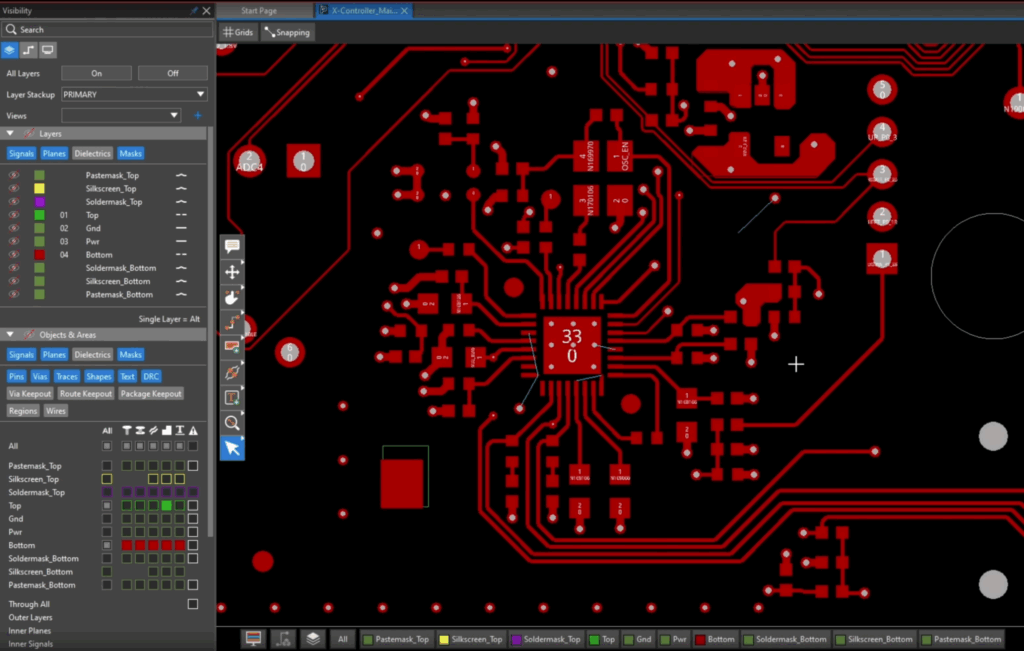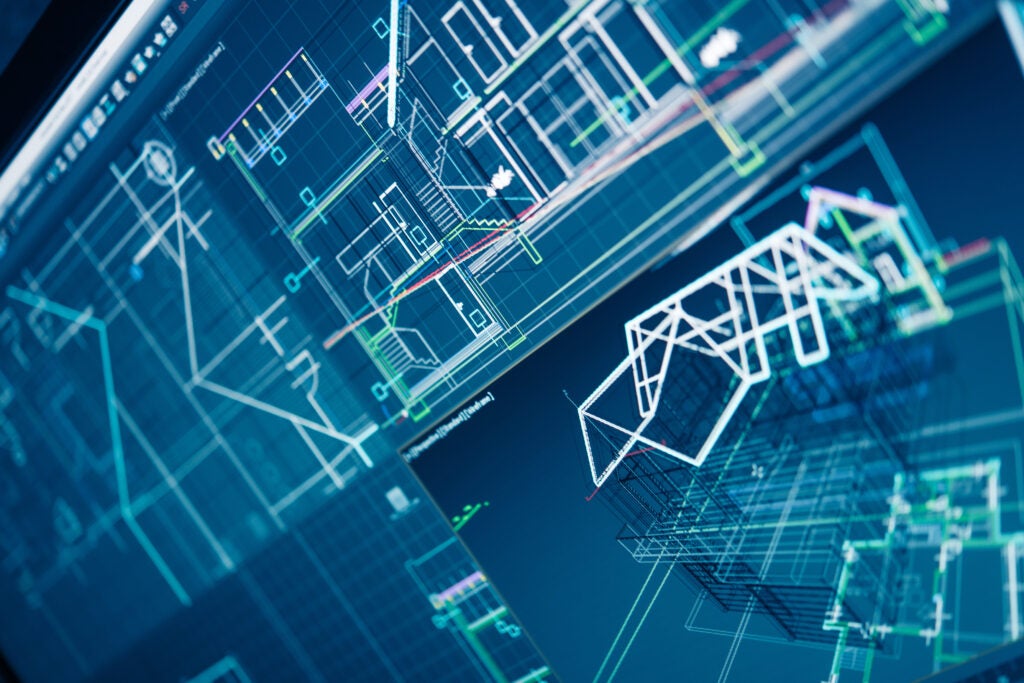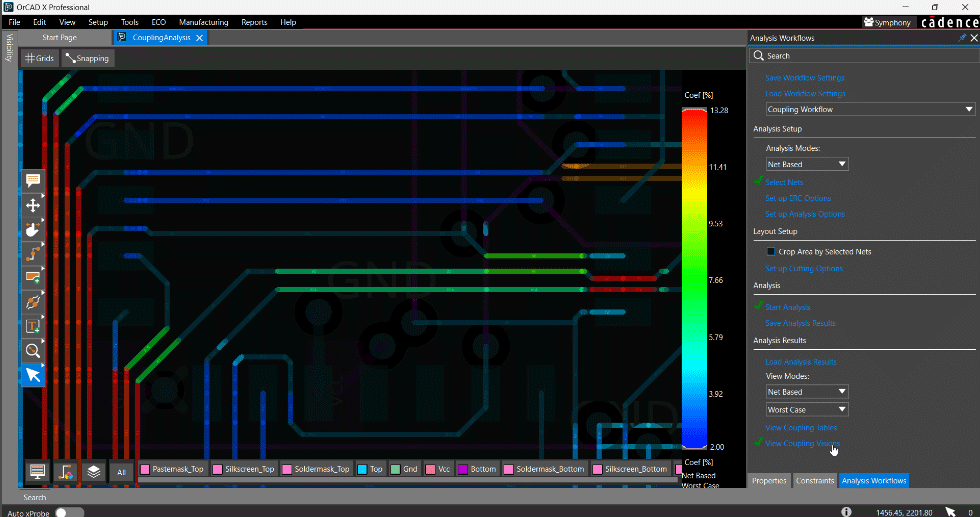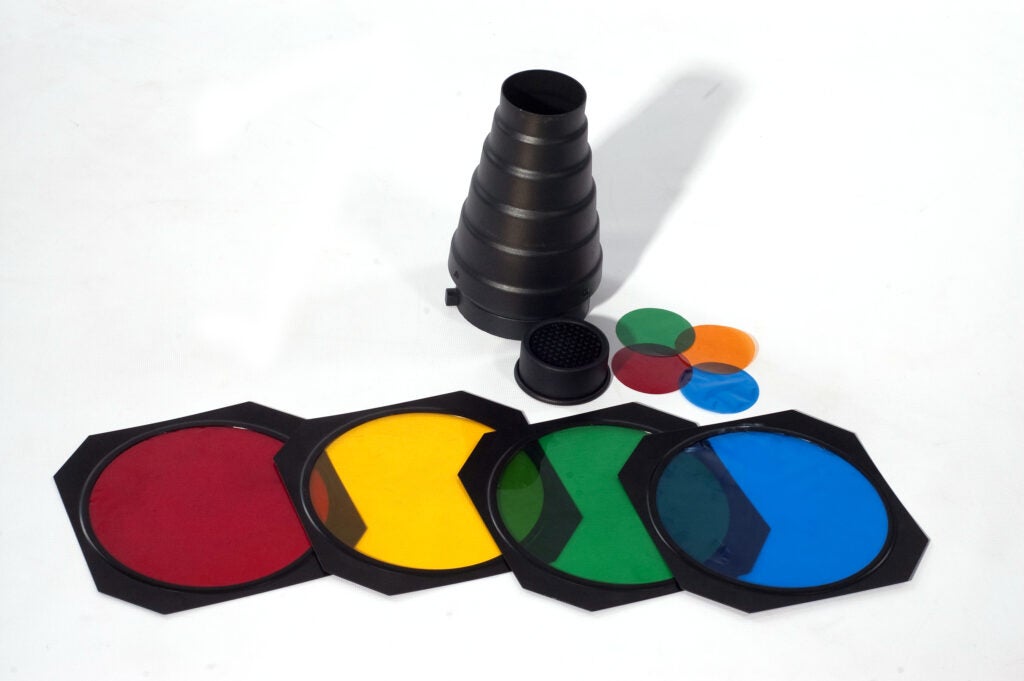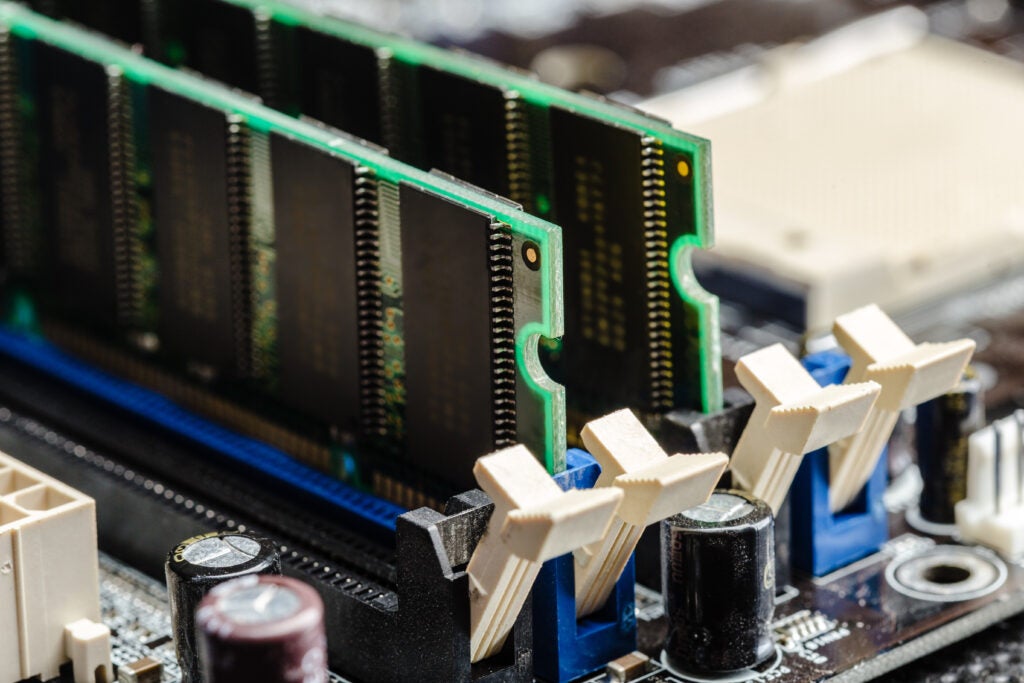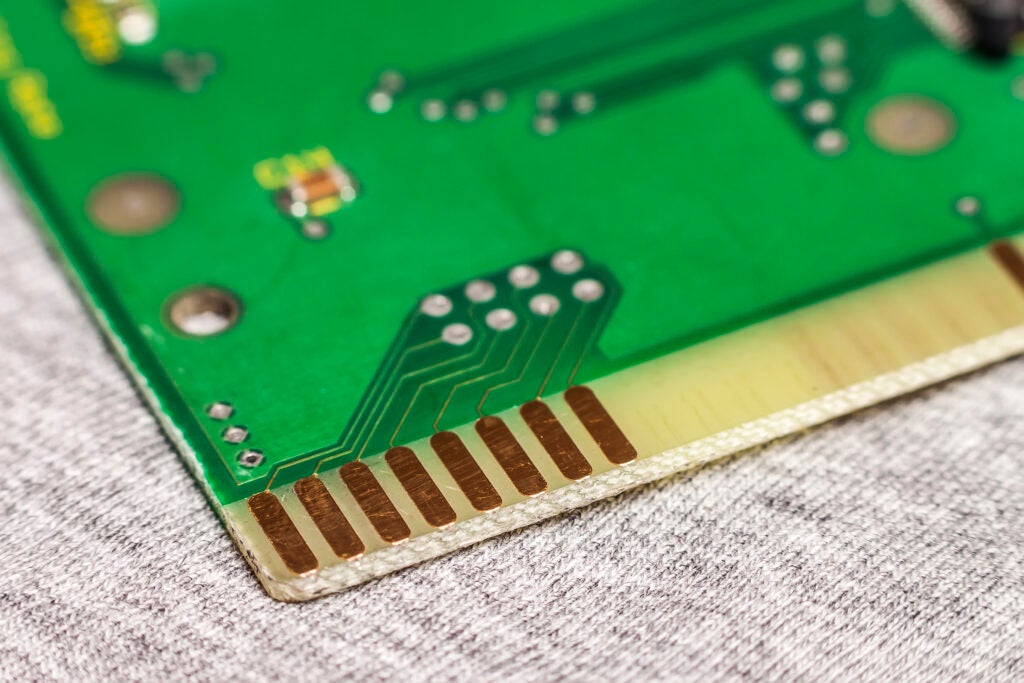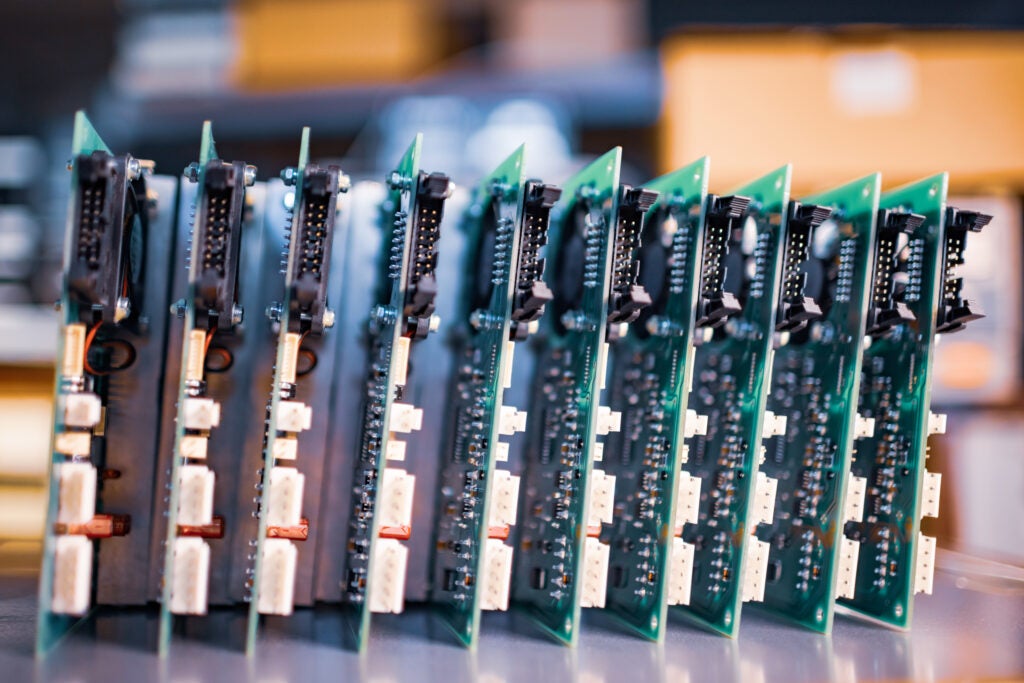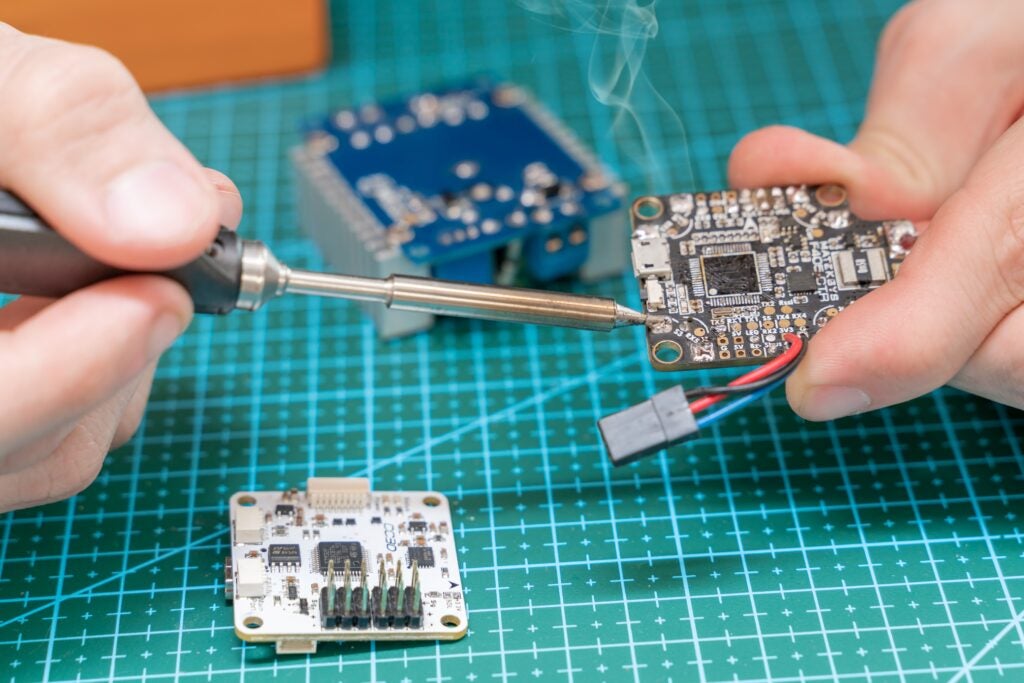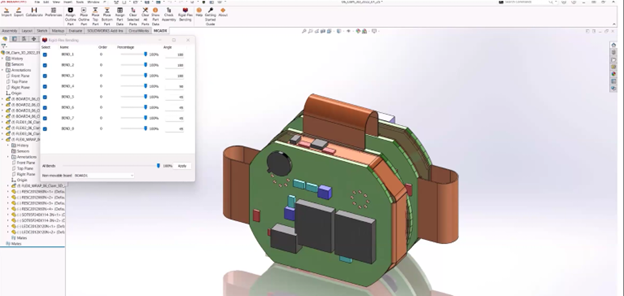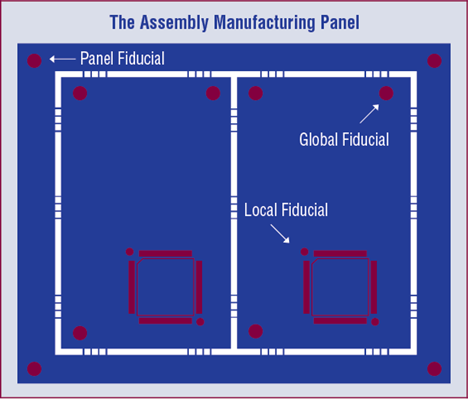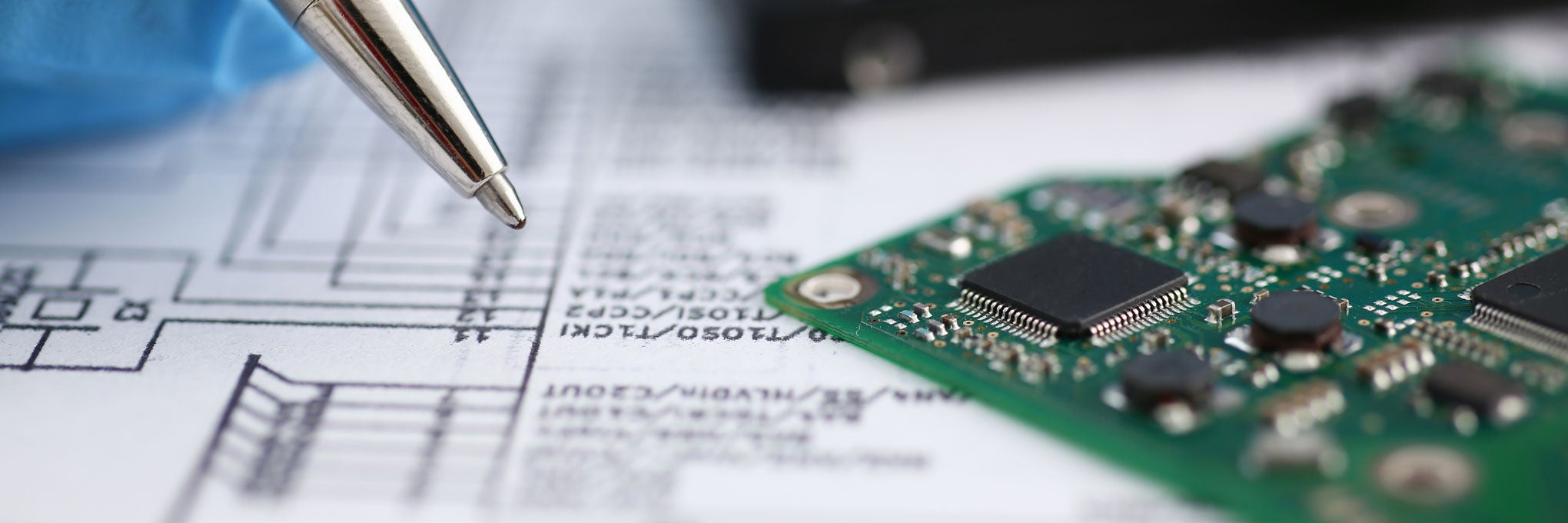
Introduction
When I graduated with my bachelor’s degree in electrical and electronics engineering, I felt like an imposter. Like someone merely pretending to be an engineer; there were so many things I didn’t understand or know when I was an undergraduate.
Unfortunately, I wasn’t alone. Other students in my undergraduate capstone course were struggling along with me because they also lacked the skills needed to start, continue, and finish a project. By the time I graduated, I was not confident in my engineering skills and had no job offers, so I went to graduate school. I completed my masters, started my PhD and even after all that ‘education’, I still scraped by with part time jobs, barely earning enough to take care of me and my family.
However, spending all that time in school and working part time taught me five essential skills to become a successful EE. These five skills eventually helped me to secure and excel at jobs in four completely different engineering industries within a span of only three years. I soon realized these five skills to are not normally taught in college. So, I created this post to walk you through each one of those skills and how they can benefit those who are still in engineering school.
Skill #1 – How to Guarantee You Will Deliver a Product on Time
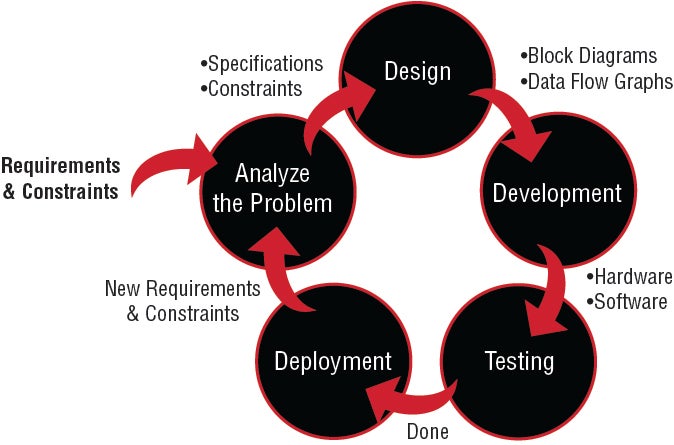
If somebody asked you to build an autonomous robot for him/her from scratch, would you know where to start? Would you know how to deliver the product and make it work to that person’s specifications? When needing to make a new product, engineers use a special framework to make sure the product is built and delivered on time. This framework is called the product design cycle or product development cycle.
Product design cycles are important, because they provide a feedback loop to ensure you meet your end goal – solving someone’s problem. If you don’t deliver in a way that satisfies those needs and meets certain technical standards, you can waste a lot of time and money “spinning your wheels”. Here are two fundamental principles of any product design process.
Essential Principles:
1. The problem dictates the solution
The problem (or customer need) dictates the solution. The solution determines which jobs and tasks need to be done, and the work you need to do, depending on your specialization.
2. The solution determines the product priorities
The solution chosen then determines the priorities of the project. The project priorities then determine the schedule. Once the schedule and priorities are decided, the design process almost writes itself.
How can having experience with product design cycles help you?
People work with people who get stuff done and on time. By knowing how to implement product design processes, you will get projects done and on time for your customers or clients and they will love you for it.
Skill #2 – How to Research

You can find at least 90% of knowledge you need through proper research. While engineers do like to solve problems, many are not interested in lower-level tasks like searching for simulation or searching deep enough for CAD models, but this is a mistake. Mechanical models, data sheets, and good documentation make life so much easier for engineers.
There are four main principles to build the skill of good research:
1. Asking the right questions to the right people
2. Writing professional and friendly emails that get you what you want
3. Using multiple resources to find the same information
4. Exercise creativity and resourcefulness when searching online
Knowing how to research will help you:
Re-do work less often, saving time and money. Since research keeps you well-informed, others gain confidence in your abilities. If you learn how to get the information you need whenever you want, you will improve the efficiency and quality of your work every time.
Skill #3 – How Mechanical Design Affects You
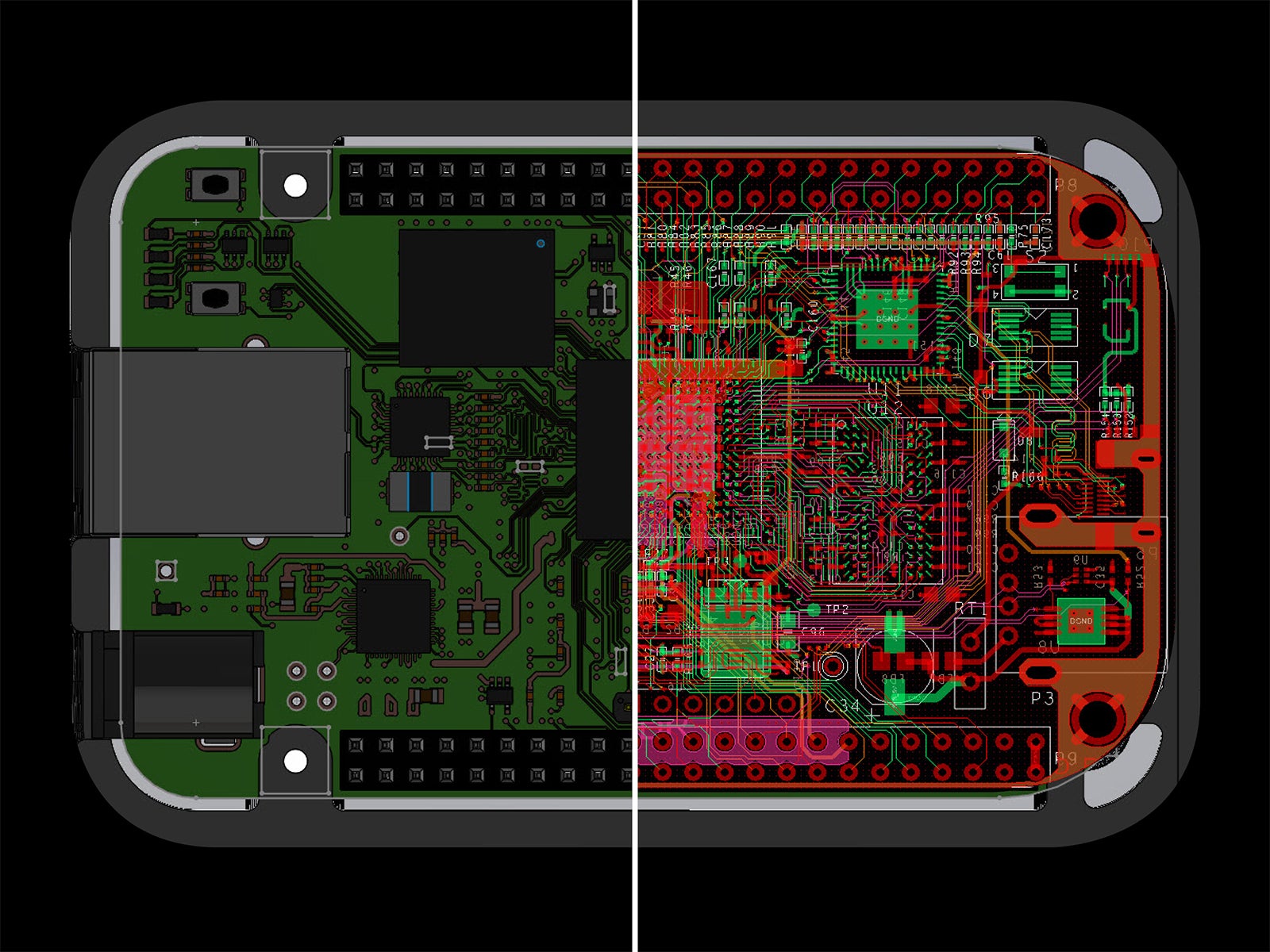
You can only do so much by just focusing on electrical engineering skills. To this day, I have yet to see a device, product, or system that didn’t need project management, a little bit of industrial engineering, and some mechanical engineering design to get it off the ground. It’s important to get familiar with more than just electrical or electronics engineering because you need to understand how your electrical design is affected by other things and vice versa (especially with mechanical design).
Ways you can see how mechanical design affects you:
1. Learn some mechanical skills, like MCAD modelling. I would encourage you to learn some MCAD modeling or mechanical modeling skills to build your own PCB design enclosure. Through this, I have learned to respect the painstaking detail that goes into mechanical models.
2. Prototype and test your product. Design goes a very long way to help with product completion. However, we can’t catch every issue from design alone. Get into some hardware testing and validation. Physically touch and build the products you design to help during your next design to improve Skill #1 (product design).
Why knowing MCAD will help you:
Easily work with other engineers in different teams, like mechanical designers, applications engineers and solutions engineers. The more mechanical design knowledge you have, the easier you can predict their impact in the field and how your designs are affected by your team, which brings us to our fourth skill.
Skill #4 – How to Be a Great Team Player

Industry projects are often too complex for a single person. When you can work on your own tasks and work in sync with your teammates, you can become a very valuable engineer. Besides, being able to work well on a team will increase everyone’s productivity.
How to build your team playing skills:
1. Be a jack of many trades, but master one or two of them.
2. Listen carefully and always take physical notes
3. Help out when you have the time while still getting your work done first
How teamwork will help you:
You greatly improve your work from your team’s design reviews and feedback. As a good team player, you can: anticipate the kind of support another team member needs at the right time and ask more meaningful questions. This back and forth helps make the design process smoother for everyone and is best done through excellent communication.
Skill #5 – How to Communicate

The most important skill you can learn as an engineer is how to communicate effectively. When I was doing presentations of my work at research conferences, I used to talk about cool features and fancy terms, not to confuse anyone or sound important, but the concepts themselves were naturally hard to understand. For example, I would say “hey, look at this design I did with extremely low voltage ripple and these optimal controls” in excitement, but I would watch people’s faces fall flat.
It took me about eight years to understand I need to communicate in ways that others intuitively understood from their perspectives, not just my perspective. And that I should use simpler words.
While many other skills helped me get jobs, improving my communication skills has helped me the most.
Ways you can improve your technical communication:
1. Simplify complex ideas and projects into simpler terms, even when talking to other engineers
2. Learn about copywriting, communication, marketing, and selling
The benefits to effective communication cannot be overstated. Getting better at these two skills will help you greatly improve your resume, are personal to your unique abilities and will increase your effectiveness in interviews. The benefits don’t just end there though. When you get into the workforce or in networking events, great communication helps you build relationships with other techies and non-techies, because they can quickly understand what you're talking about or working on. If you take nothing else from this blog post, remember improving your communication (especially technical communication) may be the most important, yet overlooked skill you can learn in your undergraduate career.
Summing Up
We just went over the top five skills you will need before finishing your undergraduate career. Let’s review them and why they are important. First, you need to know how to develop a product design schedule to ensure you get finish engineering projects and get results. Getting results for people is how you contribute to this world and that’s also how you get paid in any job. Second, applied knowledge is power and good research lets you find the knowledge you need to become a more powerful engineer. Third, learning at least some mechanical design is not only inevitable for most electronics engineers, it can make you into a stronger asset to your mechanical team and your manager. Fourth, being a team player lets you do things far beyond what you can do on your own. While the following statement may be obvious, it is worth remembering – successful businesses are run by teams working well together, not by just one individual. Finally, whether in academia, engineering, or entrepreneurship, presentation and communication skills will help you gain research funding, ace your interviews, and make your hardware engineering dreams come true.


